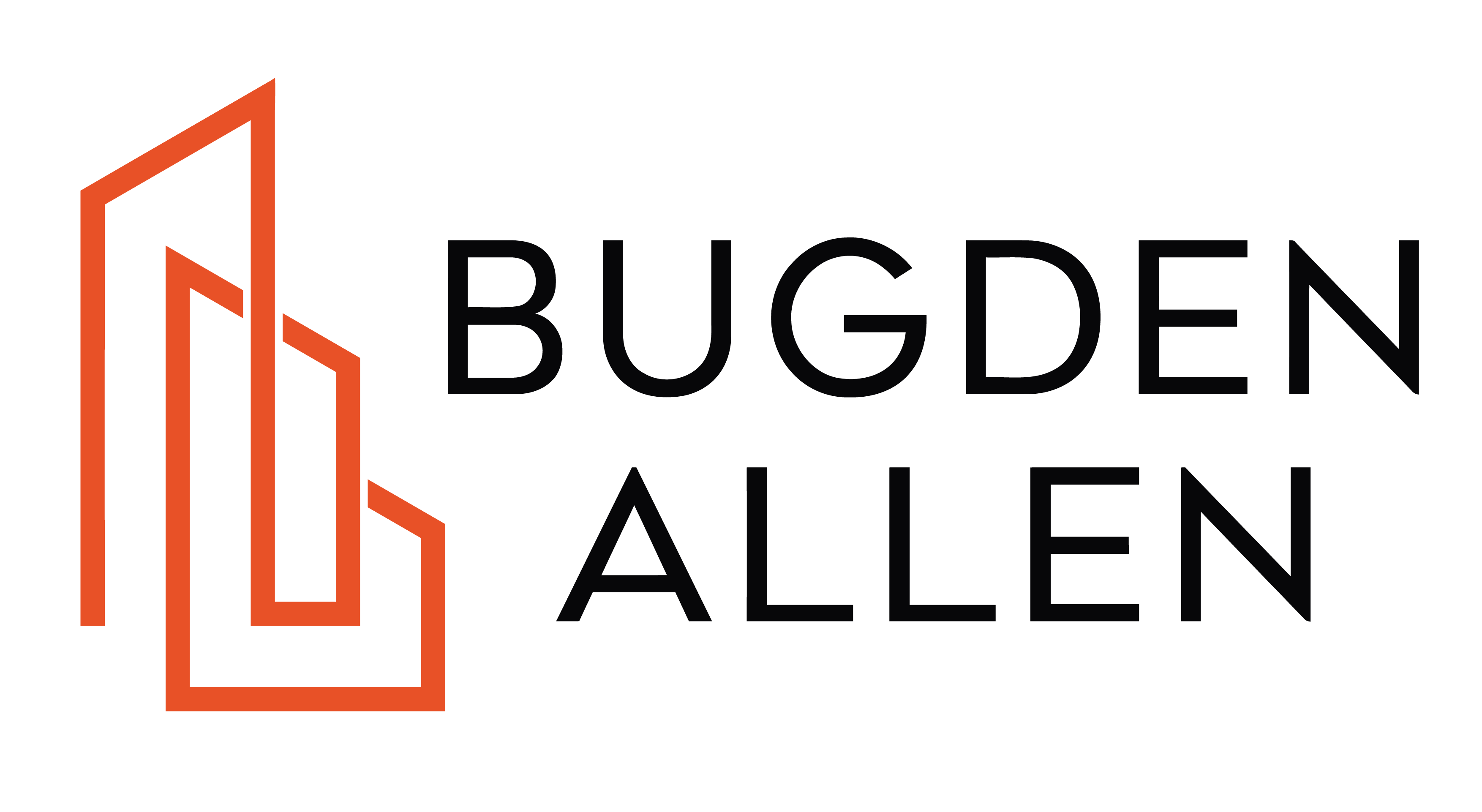Obligations on residents to advise their schemes if they contract COVID-19
Question: If an owner or resident has contracted COVID-19, do they have any obligations to advise the committee?
Our partner Jason Browne addresses this tricky yet important question.
There
is nothing in either the NSW or QLD strata and/or community titles legislation
which provides any specific guidance to answer this question.
Further,
given the rapidly evolving government responses to the Covid-19 pandemic, the
legal framework relating to an individual’s obligations to co-operate with
federal and state government authorities so as to minimise transmission of
Covid-19 is updating at both a Federal and State level on a frequent basis.
The
strict interpretation of the question asks whether an owner or resident living
in a strata and/or community title scheme has “… any obligations to
advise the committee” which is interpreted as a general legal obligation to
advise the committee.
As
at the time of writing, the simple answer to that question is no.
Briefly
put, a person’s medical information is private and protected under Federal and
State privacy laws. Similar to other private medical information (for example,
a person’s HIV status), there are very limited and complex circumstances under
which disclosure may be required without the consent of the individual, the
detail for which is beyond the scope of the answer to this question.
Of
course, an owner or resident can personally decide to disclose their Covid-19
status to the committee should they wish to do so.
As
is being seen in the media, a very small number of persons like actor Tom Hanks
and his wife Rita Wilson, Richard Wilkins, Peter Dutton MP and Senator Susan
McDonald have each personally decided to publicly disclose their positive
diagnosis for Covid-19.
However,
the vast majority of reported cases of Covid-19 are being anonymously referred
to with a typical reported example being something like “A 53 year old
doctor from Sydney’s Ryde Hospital is one of the first person to person
transmissions of coronavirus we’ve seen in Australia.”
Whilst
there is no general legal compulsion for a person to disclose their positive
diagnosis for Covid-19, numerous pieces of legislation at a Federal and State
level create a legal framework designed to:
- monitor
and investigate outbreaks of Covid-19 as they occur;
- respond
promptly and effectively to minimise the impact of the Covid-19 outbreak; and
- undertake
strategies to minimise the risk of further transmission of Covid-19.
This
framework is designed around and mindful of a person’s right to privacy of
their personal medical information but does legally require a person who has
contracted Covid-19 to practice social distance by self-quarantine and other
measures designed to minimise the risk of spread of this declared pandemic
virus within the community.
As
at the time of writing, the following key pieces of legislation provide the
foundations for the framework to combat Covid-19:
- The Biosecurity Act 2015 (Cth) under which the federal
government listed “human coronavirus with pandemic potential”;
- The National Health Security Act 2007 (Cth) whichauthorises the exchange of public health
surveillance information (including personal information) between the Australian
Government, states and territories and the WHO. The National Health
Security Agreement supporting the NHS Act formalises decision-making and
coordinated response arrangements that have been refined in recent years
to prepare for health emergencies like Covid-19;
- The Australian Health Sector Emergency Response Plan for
Novel Coronavirus (Covid-19) (Cth) which was enacted on 27 February 2020;
- The State Emergency and Rescue Management Act 1989 (NSW) (the “SERM Act”) and the
NSW Human
Influenza Pandemic Plan which the SERM Act gives legal status to; and
- The Public Health Act 2005 (QLD) and the Public Health Act 2010 (NSW) which listed Covid-19 as a “category 4” medical
condition on 21 January 2020 joining the already-listed Middle East
respiratory syndrome (MERS) and severe acute respiratory syndrome (SARS).
Two
key elements to the whole of government response to the Covid-19 pandemic are
“contact tracing” and self-quarantine. Both of these processes are respectful
of a person’s right to privacy of their personal medical information, including
their Covid-19 status.
Contact
tracing
Briefly
put:
- As soon as an individual returns a positive diagnosis of Covid-19, the NSW and QLD public health authorities undertake the process of contact tracing which involves these authorities speaking with the patient to identify anyone who might have had “close contact” with the patient. If particular persons are identified, the NSW and QLD public health authorities then assess whether these people should be characterised as close contacts and follow up with these people directly. If any such persons develop symptoms of Covid-19, these persons are then assessed, treated if required and quarantined.
- If close contact persons cannot be identified to a confirmed case, the NSW and QLD public health authorities issue public health alerts with specific dates, times and locations that the public should be aware of. For example, QLD Health issued a public health alert to anyone who attended “Friday’s Nightclub” in Brisbane between 6pm on Friday, 6 March and 11pm on Monday, 9 March. The advice in the alert states that “… anyone who attended this location during this period should monitor their health for 14 days. If you become unwell, see a doctor immediately.”
Let’s apply the above to a hypothetical example of a male owner in a QLD strata scheme called ABC Strata Apartments in Smith Street Blackacre QLD who contracts Covid-19. This person:
- prior to being diagnosed with Covid-19 was a religious user of the gym facilities in the scheme whilst contagious;
- felt unwell and went to the doctor and he subsequently tests positive for Covid-19; and
- he prefers not to disclose to any person (including anyone who lives in his strata scheme or sits on the Committee) that he has contracted Covid-19.
Representatives
of QLD Health will interview this man to see whether he can identify certain
persons he knows the identity of who he came in “close contact” with whilst
using the gym facilities and:
- if he can, QLD Health will likely contact these individuals personally and advise them to closely monitor their health over the next 14 days and if they become unwell to see a doctor immediately; and
- if he can’t, QLD Health will determine whether there are potentially other “close contact” persons in the scheme and may decide to issue release a public health alert advising anyone who “used the gym facilities at ABC Strata Apartments in Smith Street Blackacre between 6am on Friday, 13 March and 11pm on Monday, 16 March should monitor their health for 14 days. If you become unwell, see a doctor immediately.”
A
similar process will take place in NSW.
Self-quarantine
The
second element is self-quarantine. As reported in the media, Federal and State
Laws provide that during a declared pandemic like Covid-19, a person with
symptoms may be asked to self-isolate by staying at home, in their hotel, or in
hospital.
The
preferred process is to rely upon voluntary compliance with self-quarantine
which requires a person with Covid-19 to stay at home, in their hotel room or
provided accommodation and not leave for the period they are required
to quarantine (usually 14 days). Only people who usually live in the
household should be in the home and visitors should not be allowed to visit the
infected person.
Of
course there will be people who refuse or fail to comply with self-quarantine
requirements in which case:
- QLD Health will contact the person to ensure they understand their self-quarantine obligations and the importance of adherence. If that fails there are additional compliance powers under the Public Health Act 2005 (QLD) and subsequent failure to comply with self-quarantine may result in forced quarantine and monetary fines of up to $13,345 plus additional penalties;
- After the NSW government amended the Public Health Act 2010 (NSW) to classify Covid-19 as a category 4 medical condition, authorised NSW medical practitioners have the legal power to issue a “public health order” in relation to a person if the person either has Covid-19 or has been exposed to it and is at risk of contracting it and because of the way the person is behaving (for example not complying with self-quarantine), the person may be a risk to public health. This type of order can compel medical treatment and also require detention of the person.
As can be seen from the above, there is no general legal obligation for a person to disclose their positive diagnosis for Covid-19. I’ll leave it to others to answer the question of whether there is a “moral” obligation to do so.
Jason Browne is a partner in our Brisbane office. He can be contacted on 07 3905 9268 or via email at jason@bugdenallenlawyers.com.au




